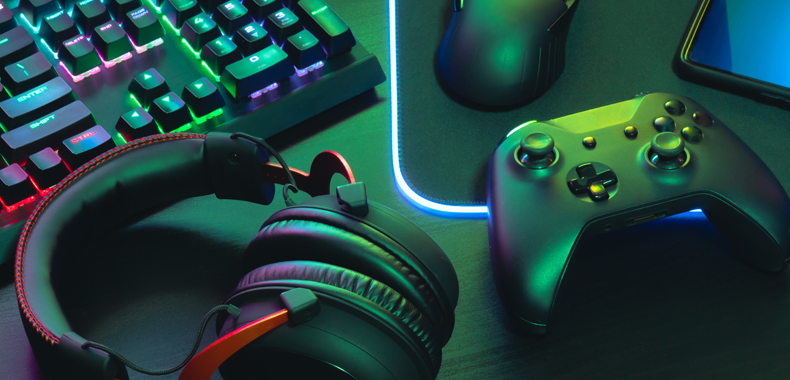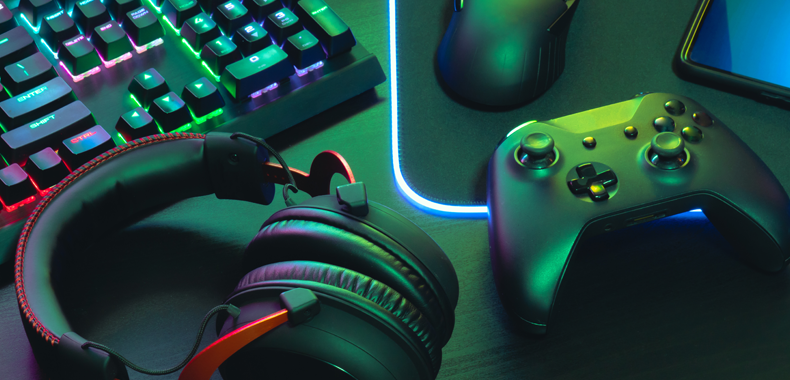In 2019, the digital games industry alone – without considering physical copies – generated $ 104,4 billion in revenue, revealed Statista, a company specialized in market data. After pandemic arrived, revenues increased by 23 percent year-on-year to $ 128,3 billion in 2020. By 2025 a value of $ 268,8 billion is expected to the game market.
These numbers reflect the strength of an industry recognized for being very innovative and that grows exponentially each year. In such environment, it is normal for gaming companies to worry about protecting their ideas, inventions, and other creations through intellectual property mechanisms, including patents.
In Brazil, patents cannot be used to protect the games themselves, their rules, conception, their visual presentation, etc.. In many cases, these aspects are protected through copyright or through the creation of a trademark related to the game.
Furthermore, the source code through which the game exists, runs, and is implemented (software), is not patentable. A software registration, which is equivalent to a copyright registration, may be used to protect source code.
Because of its ease of use and versatility, copyright (as defined in Brazilian Law n. 9,610/1998) is a significant protection for most game firms, as it is an adequate tool for protecting game ownership.
Copyright encompasses tales, characters, scenarios, music, graphics, and even the source code in the game world. Nevertheless, copyright protects the expression of ideas rather than the ideas themselves.

This has two ramifications: no game ideas are copyrighted until they are implemented in some form (like source code, or in a word file, i.e.). Second, similar concepts used in various games do not always infringe on third-party copyrights. If an FPS shooting game is registered, for example, there will be no infringement of the rights of the person who registered if another person registers a game with the same genre but different aspects.
Copyright also gives the owner the ability to prevent others from exploiting his work. Moreover, they are simple to enforce and independent of registration, as they exist from the minute the game is created, while patents and trademarks have complicated registration systems, and trade secrets necessitate specific actions to be taken within the organization, as well as continual monitoring to maintain the right.
Even if registration is not required to invoke copyright, it is highly advised because it is a quick and easy approach to establish authorship and priority in the event of a dispute.
It is important to remark that although software (source code) cannot be patented in Brazil, it is possible to patent software by describing and defining it as methods, processes, and systems that solve a technical problem through a technical solution.
When these concepts are applied to the game industry, one can patent inventions such as digital signal processing (which includes image, graphics, lighting, textures, objects, rendering, and sounds), procedural data generation, handling a dropout situation in a network game, memory management, processing commands issued by a player, and so on.
Before filing a patent, it is necessary to check in Brazilian Patent and Trademark Office (BPTO) and other patent databases to see if a similar or identical invention has previously been registered.
—
Author: Carlos Eduardo Nelli Principe, Associate Lawyer at Peduti Advogados.
Source: Video game industry – Statistics & Facts
Digital Video Games To Hit $146B In Revenue In 2021, A 40% Increase In Two Years
—
“If you want to learn more about this topic, contact the author or the managing partner, Dr. Cesar Peduti Filho.”
“Se quiser saber mais sobre este tema, contate o autor ou o Dr. Cesar Peduti Filho.”


